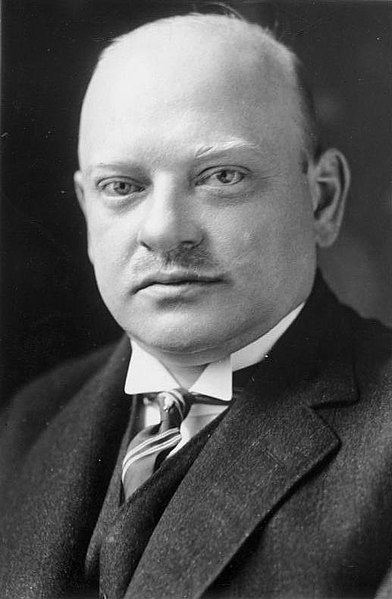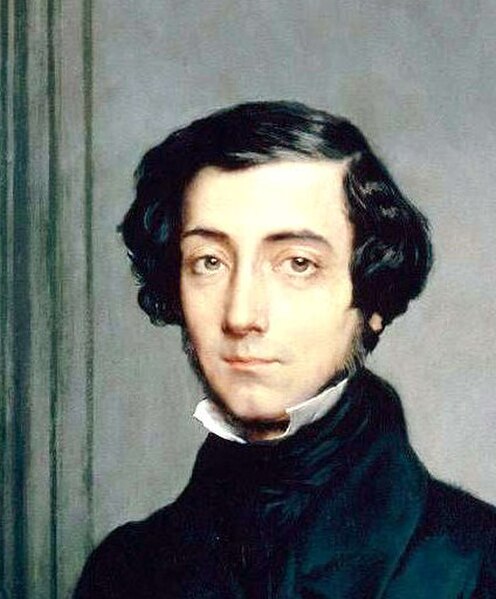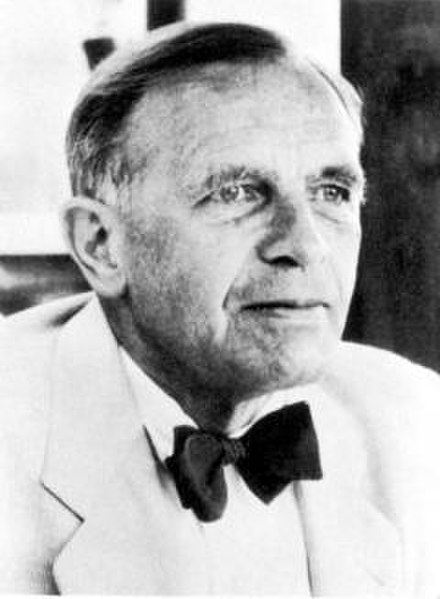The German People's Party was a conservative-liberal political party during the Weimar Republic that was the successor to the National Liberal Party of the German Empire. Along with the left-liberal German Democratic Party (DDP), it represented political liberalism in Germany between 1918 and 1933.
DVP campaign for the Reichstag election of December 1924.
Gustav Stresemann
Hugo Stinnes
Albert Vögler
Conservative liberalism, also referred to as right-liberalism, is a variant of liberalism, combining liberal values and policies with conservative stances, or simply representing the right-wing of the liberal movement. In the case of modern conservative liberalism, scholars sometimes see it as a more positive and less radical variant of classical liberalism; it is also referred to as an individual tradition that distinguishes it from classical liberalism and social liberalism. Conservative liberal parties tend to combine economically liberal policies with more traditional stances and personal beliefs on social and ethical issues. Ordoliberalism is an influential component of conservative-liberal thought, particularly in its German, British, French, Italian, and American manifestations.
Alexis de Tocqueville had a profound influence on modern conservative-liberal philosophy.
Wilhelm Röpke was representative of ordoliberalism and president of the Mont Pelerin Society from 1961 to 1962.






